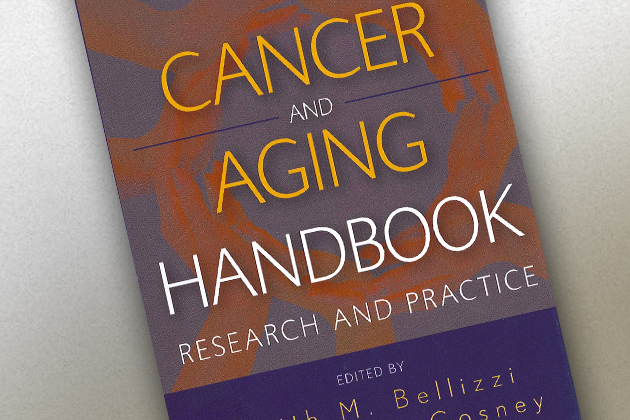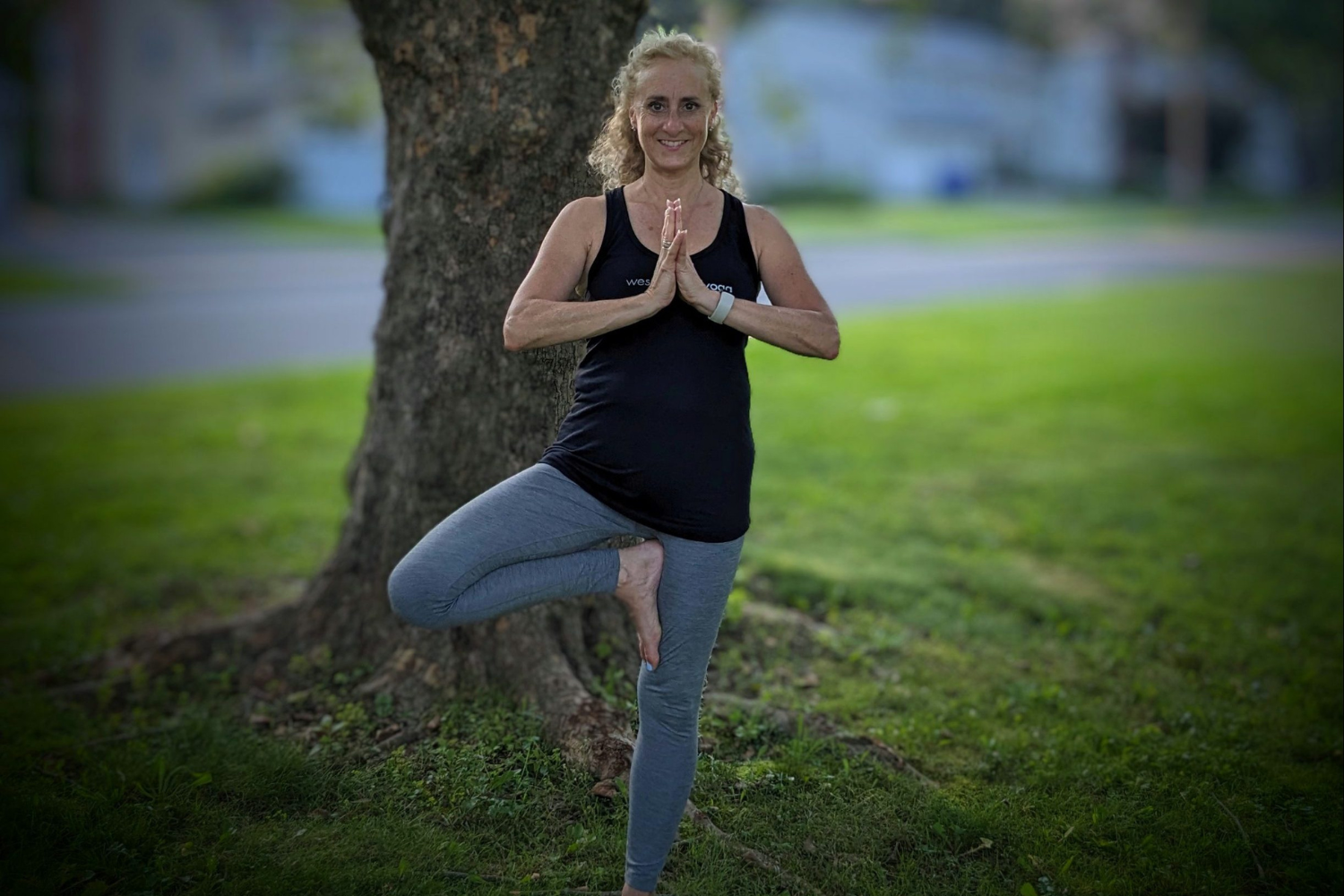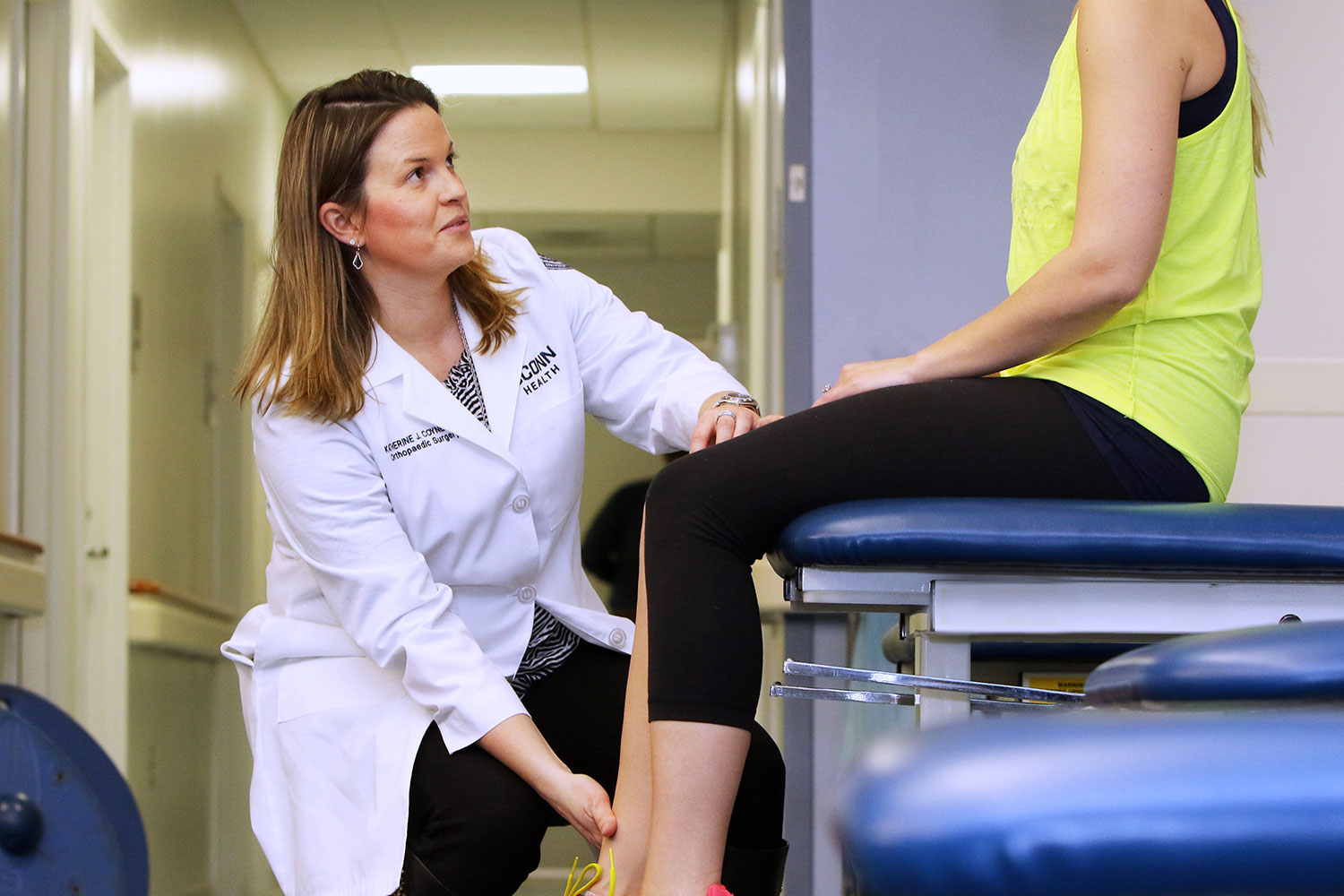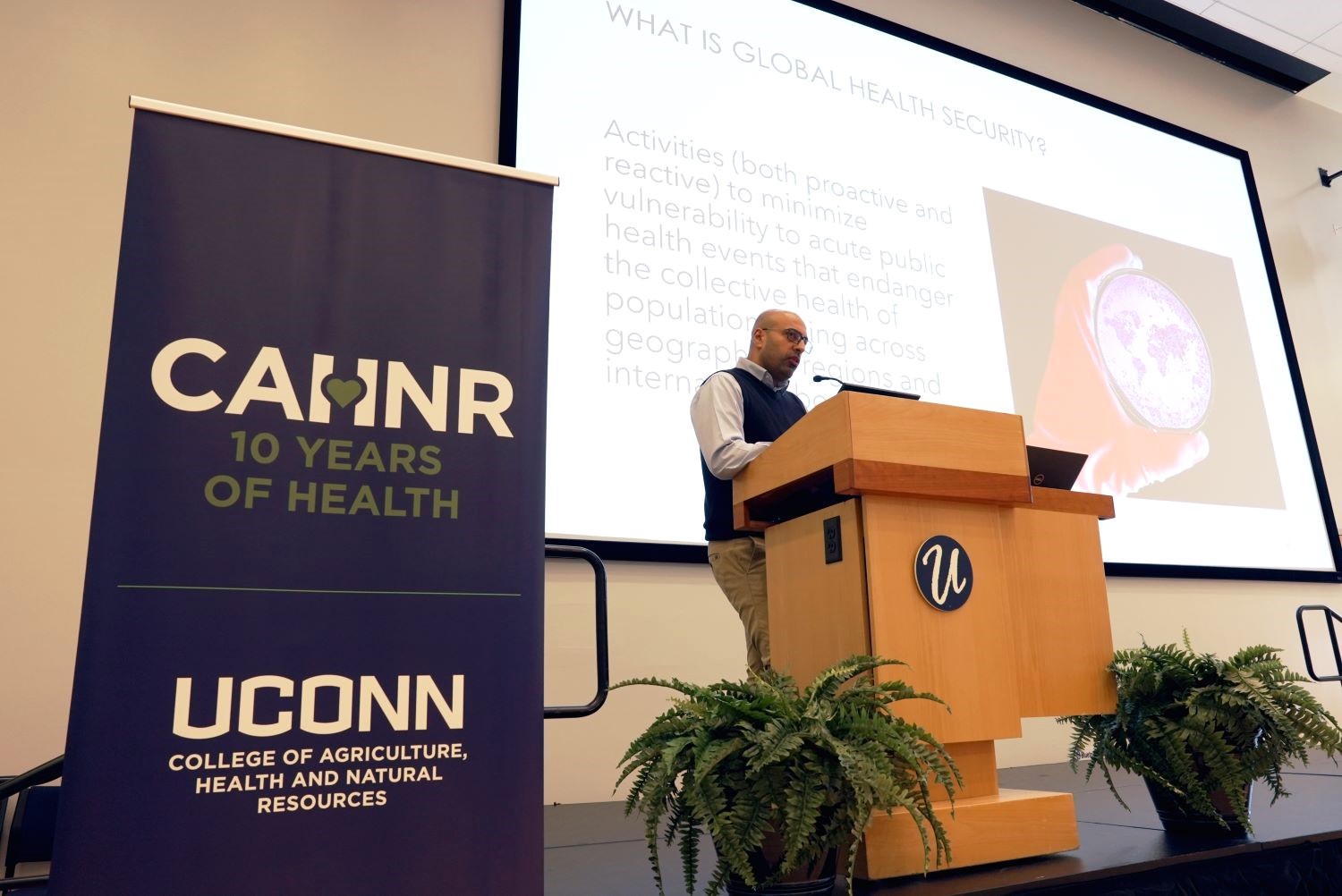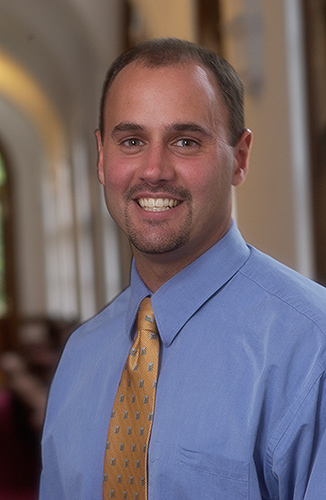
No matter who you are or where you live in the world, the older you get, the more likely you are to develop cancer.
That’s the theme of a new edited volume by Keith Bellizzi, professor of human development and family studies in the College of Liberal Arts and Sciences.
Titled Cancer and Aging Handbook: Research and Practice, the book brings together scientists, primary care physicians, oncologists, gerontologists, economists, psychologists, nurses, social workers, and other experts to tackle what Bellizzi calls an impending public health crisis.
“The single greatest risk factor for cancer is age,” says Bellizzi, a 17-year cancer survivor himself. But although there’s an intuitive link between aging and cancer, research into prevention, identification, and care of cancer in the elderly is severely lacking, making comprehensive care difficult.
Bellizzi says the book demonstrates that the answer to addressing one of the biggest public health concerns of our time does not rest within any one discipline, and that a multidisciplinary approach is required to care for older adults at risk for, or living with, cancer.
Aging leads to increased risk of cancer because we are increasingly exposed to environmental toxins and because of our aging bodies. Historically, Bellizzi explains, the elderly have been excluded from cancer clinical trials because they are often perceived to be unhealthy or have other health problems that could interfere with the study’s results.
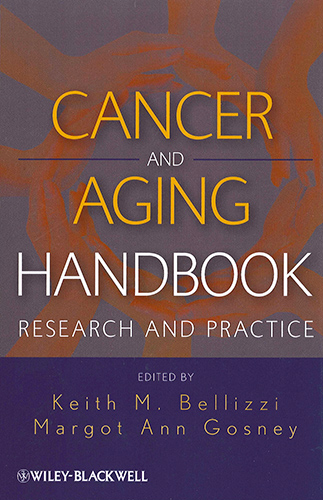 For example, doctors often stop screening for cervical cancer in women after age 75 because there’s no data showing that it’s beneficial in this segment of the population. But Bellizzi points out that actually, there’s very little data examining the efficacy of screening in older adults, so more attention is needed in this area.
For example, doctors often stop screening for cervical cancer in women after age 75 because there’s no data showing that it’s beneficial in this segment of the population. But Bellizzi points out that actually, there’s very little data examining the efficacy of screening in older adults, so more attention is needed in this area.
“It’s easy to exclude people who have complex medical conditions,” he says. “Now we’re scrambling to play catch-up and build the evidence base for this population.”
The lack of data and attention to this population could lead to a national health crisis in the coming years, says Bellizzi. Right now, 12 percent of the U.S. population is over 65, and by 2030 that number is projected to double.
The good news, he says, is that with modern medicine people tend to live longer with cancer. But the bad news is that there aren’t enough oncologists, gerontologists, nurses, and other caregivers available to deal with that volume of cancer patients.
“The goal of the book is to create the first multi-disciplinary team of authors who are at the forefront of the cancer and aging interface,” says Bellizzi. “We want both researchers and practitioners to look at the issue and ask what the best practices are, what does the evidence suggest, and what additional research is needed. We need to look at cancer in the context of other health conditions, like diabetes, heart disease, and other life events.”
When Bellizzi was diagnosed with both kidney and testicular cancer at age 24, he says it was a catalyst to pursue a career in cancer. Dropping his business career at a management consulting firm, he went back to school and earned a Ph.D. in human development and family studies at UConn. After a post-doctoral position at the National Cancer Institute in Bethesda, Md., he returned to UConn as a faculty member. His Ph.D. adviser, human development and family studies professor Thomas Blank, is an author in the volume.
“Surprisingly, despite the fact that most cancer survivors are old, there have been few attempts to integrate gerontology and cancer research successfully. This volume does that,” Blank says. “The breadth and range, including most recent biomedical aspects of cancer and aging as well as the psychosocial and social aspects that are the areas of expertise for Keith and me, set the stage for the next generation of research on the interface of these two critically important areas.”
After his bout with cancer, Bellizzi says he knew he wanted to do something meaningful with his life.
“Money was no longer important to me,” he says. “I wanted to help survivors and make cancer more tolerable for individuals and families.” And although he was in tune with issues of young people dealing with cancer, he wanted to give more attention to the elderly, whose health he thinks is often ignored.
Cancer and Aging emerged from a 2007 workshop Bellizzi organized at the meeting of the Society of Behavioral Medicine. Including sections on strategies for cancer prevention, screening guidelines, treatment best practices, survivorship management, and end-of-life care, the book is intended to be a reference for practitioners in different fields to approach cancer care in a comprehensive way.
“If this book gets into the hands of the right people, including doctors, medical students, and behavioral scientists, it will make the impact I want it to make,” says Bellizzi. “If it affects how elderly people are cared for, then I’ve achieved my goal.”
Bellizzi’s co-editor on the volume is Margot Ann Gosney, director of clinical health services at the University of Reading, UK.
